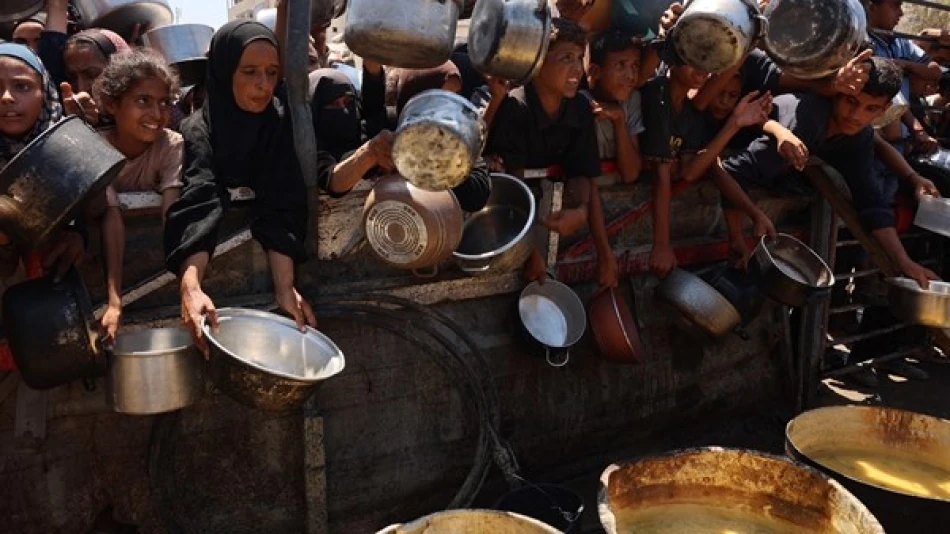
Pakistan Dispatches 100 Tons of Aid to Gaza Strip amid Ongoing Humanitarian Crisis
Pakistan Escalates Gaza Aid Effort with 100-Ton Emergency Relief Flight
Pakistan is dispatching its latest humanitarian assistance to Gaza with a 100-ton relief flight departing Islamabad International Airport Sunday evening, bringing the country's total aid contribution to the embattled Palestinian territory to 1,715 tons. The shipment, containing food supplies and medical equipment, underscores Pakistan's increasingly prominent role in the international humanitarian response to Gaza's crisis.
Strategic Aid Corridor Through Jordan
The relief cargo will follow an established logistical route through Jordan's capital Amman before reaching Gaza by air. This pathway has become a critical humanitarian lifeline as traditional supply routes face ongoing disruptions. Pakistan's National Disaster Management Authority (NDMA) is coordinating the operation, with Deputy Prime Minister Ishaq Dar and NDMA Chairman General Inam Haider Malik scheduled to attend the departure ceremony.
Expanding Commitment Under Sharif Administration
The NDMA plans to send an additional 200 tons of aid to Gaza in subsequent shipments, demonstrating sustained commitment rather than symbolic gestures. Prime Minister Shehbaz Sharif's administration has positioned humanitarian assistance to Palestine as a foreign policy priority, reflecting both domestic political considerations and Pakistan's broader Middle East diplomatic strategy.
Pakistan's Growing Humanitarian Footprint
With nearly 1,700 tons of aid delivered or committed, Pakistan ranks among the more substantial contributors to Gaza relief efforts globally. This scale of assistance places Pakistan alongside regional powers like Turkey and Egypt in terms of humanitarian engagement, despite Pakistan's own economic challenges and recent IMF bailout requirements.
Diplomatic Calculations Behind the Aid
Pakistan's robust Gaza aid program serves multiple strategic purposes beyond humanitarian relief. The initiative strengthens Pakistan's credentials within the Organization of Islamic Cooperation, builds goodwill with Arab nations crucial for economic partnerships, and resonates with domestic constituencies where Palestinian solidarity enjoys widespread support across political lines.
The timing and scale of Pakistan's aid deliveries also position Islamabad as a reliable partner for future Middle East diplomatic initiatives, potentially opening doors for enhanced trade relationships and investment opportunities with Gulf states once regional tensions subside.
Operational Challenges and Success Metrics
The Jordan-Gaza air corridor represents both logistical efficiency and political pragmatism. Unlike maritime routes that face security complications, the Amman pathway offers reliable delivery while avoiding diplomatic friction with regional stakeholders. Pakistan's ability to maintain consistent aid flows through this channel demonstrates operational competence that could translate into broader humanitarian leadership roles.
The sustained nature of Pakistan's commitment—with additional shipments planned rather than one-off donations—suggests a calculated long-term strategy rather than reactive crisis response. This approach distinguishes Pakistan's effort from more episodic international aid contributions and positions the country as a dependable humanitarian partner in future regional crises.
Most Viewed News

 Layla Al Mansoori
Layla Al Mansoori






